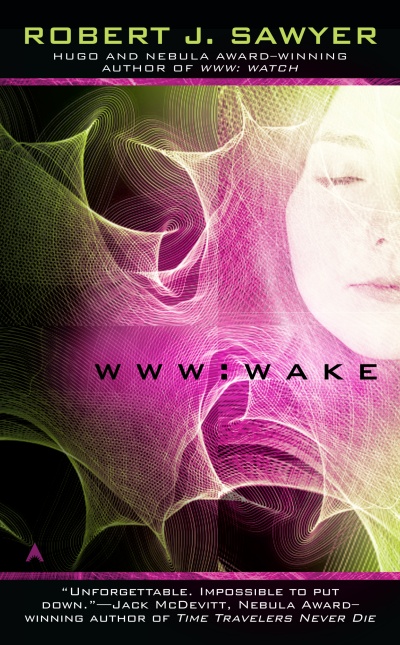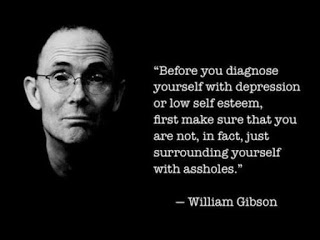 “I can’t wait to have words with the Gray King when this shit is all finished. There’s a few things I want to ask him. Philosophical questions. Like, ‘How does it feel to be dangled out a window by a rope tied around your balls, motherfucker?’ ” Locke Lamora, The Lies of Locke Lamora
“I can’t wait to have words with the Gray King when this shit is all finished. There’s a few things I want to ask him. Philosophical questions. Like, ‘How does it feel to be dangled out a window by a rope tied around your balls, motherfucker?’ ” Locke Lamora, The Lies of Locke Lamora
I’ve previously written about a conversation with a pal, who, after I said I had some issues with Game of Thrones (while enjoying it overall), went on a rant about the quality of fantasy tomes for adult readers. After he spewed forth his wrath against the genre in general, he then pointed me toward Scott Lynch’s Gentleman Bastard series and said, “Read this.”
So I did. The Lies of Locke Lamora, the first book in the Gentleman Bastard series, is a combination of Ocean’s 11-esque heist movie and Game of Thrones level violence. The backstabbing is metaphorical, literal and frequent. Lamora and his gang of confidence men violate the peace between the old money of the city of Camorr and its criminal underworld, going after the elite targets while generally being rewarded for their efforts. Until the Grey King shows up and it all goes to shit. The twists are marvelous, the characters are many and varied, the world that Lynch has created is broad, unique and detailed. I can’t recommend the Lies of Locke Lamora enough.
 Book two of the Gentleman Bastard series, Red Seas Under Red Skies, is … effective. Some of the fun of the first book is gone, as Locke has lost too much to continue to be nothing but a light-hearted rogue. But some of what we lose in Locke is just as much about the story as the evolution of character, a tale which takes Locke out of the con too frequently. It isn’t that Lamora’s time on the high seas isn’t rewarding, but what gives these books their vitality is the thrill of the crime. Don’t get me wrong: Red Seas Under Red Skies is still a great read. But my hope is as I delve deeper into this series, Lynch is able to find the fun a bit more. With the dark ending of the second book, however, that may be difficult to do.
Book two of the Gentleman Bastard series, Red Seas Under Red Skies, is … effective. Some of the fun of the first book is gone, as Locke has lost too much to continue to be nothing but a light-hearted rogue. But some of what we lose in Locke is just as much about the story as the evolution of character, a tale which takes Locke out of the con too frequently. It isn’t that Lamora’s time on the high seas isn’t rewarding, but what gives these books their vitality is the thrill of the crime. Don’t get me wrong: Red Seas Under Red Skies is still a great read. But my hope is as I delve deeper into this series, Lynch is able to find the fun a bit more. With the dark ending of the second book, however, that may be difficult to do.
But I have faith in Locke, Jean, Scott Lynch and the Crooked Warden. So bring on book three and whatever violence, chicanery and humor it holds.



